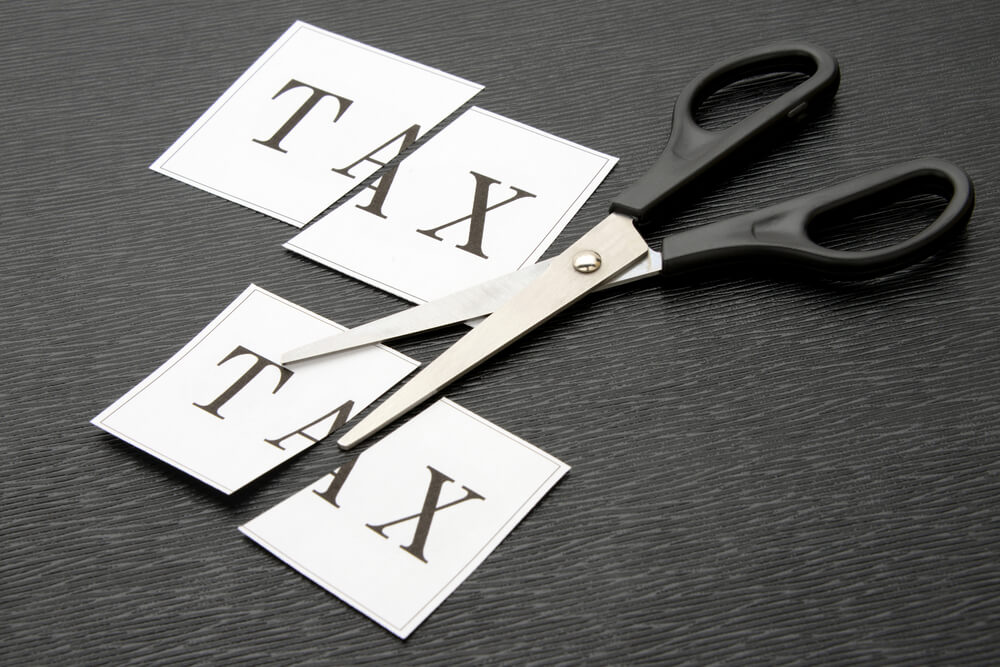A raft of expired and expiring tax breaks, including deductions for mortgage insurance premiums, college tuition and large medical bills, would be renewed under a massive government-wide funding bill approved by the Democratic-controlled House.
The action comes a few days before the second anniversary of passage of President Donald Trump’s massive 2017 tax law, his signature legislative achievement. The package of individual and corporate tax cuts that the Republicans muscled through Congress was the most extensive rewrite of the U.S. tax code in three decades, adding an estimated $1.5 trillion to the ballooning deficit.
It provided steep tax cuts for corporations and the wealthiest Americans, and more modest reductions for middle- and low-income individuals and families. While the law slashed the corporate tax rate permanently from 35% to 21%, its tax cuts for individuals expire in 2026.
The agreement on extending tax breaks for several years, reached by House and Senate leaders in the wee hours Tuesday, was far more narrow. In addition to the deduction for mortgage insurance, college tuition and big medical bills, it includes extensions of several measures to boost renewable energy sources, such as a wind energy tax credit and a biodiesel credit eagerly sought by soybean growers.
Also extended are tax breaks for brewers and distillers, a credit for maintenance on short-line railroads and tax relief for victims of natural disasters.
“We are extending tax relief needed to help rebuild in areas where natural disasters have devastated homes and businesses,” Sen. Chuck Grassley, R-Iowa, chairman of the Senate Finance Committee, said in a statement Tuesday. “This will help people in Iowa who saw historic, damaging floods in 2019 as well as Californians and others who’ve endured some of the biggest wildfires in recent history.”
But deficit hawks like Maya MacGuineas, president of the Committee for a Responsible Federal Budget, denounced the move as reviving “zombie tax extenders.”
“Bringing these costly temporary tax provisions back from the dead is not just bad fiscal policy, it is bad tax and economic policy as well,” MacGuineas said in a statement.
Also tucked into the $1.4 trillion government spending legislation is the repeal of a trio of taxes that came in with President Barack Obama’s signature health care law. They are a tax on makers of medical devices such as surgical instruments and X-ray equipment, one on high-cost health care plans offered by employers and another on health insurance companies, based on a company’s market share.
Powerful industry lobbies have agitated against the health care levies. They pushed for it, unsuccessfully, in the 2017 tax legislation.
The narrow scope of the new tax agreement means that a broad bipartisan overhaul of tax legislation will have to wait until next year.
At the same time, prospects are clouded for a House bill that would remove for two years the $10,000 cap on state and local tax deductions that was imposed to help pay for the 2017 tax law. The deductions are widely popular, especially in high-tax, heavily Democratic states like New York, New Jersey and California.
Chances have dimmed for a House vote this week on the legislation to suspend the cap. Some Democratic lawmakers from low-tax states appeared reluctant to support the bill, according to congressional aides.
© The Associated Press. All rights reserved.
